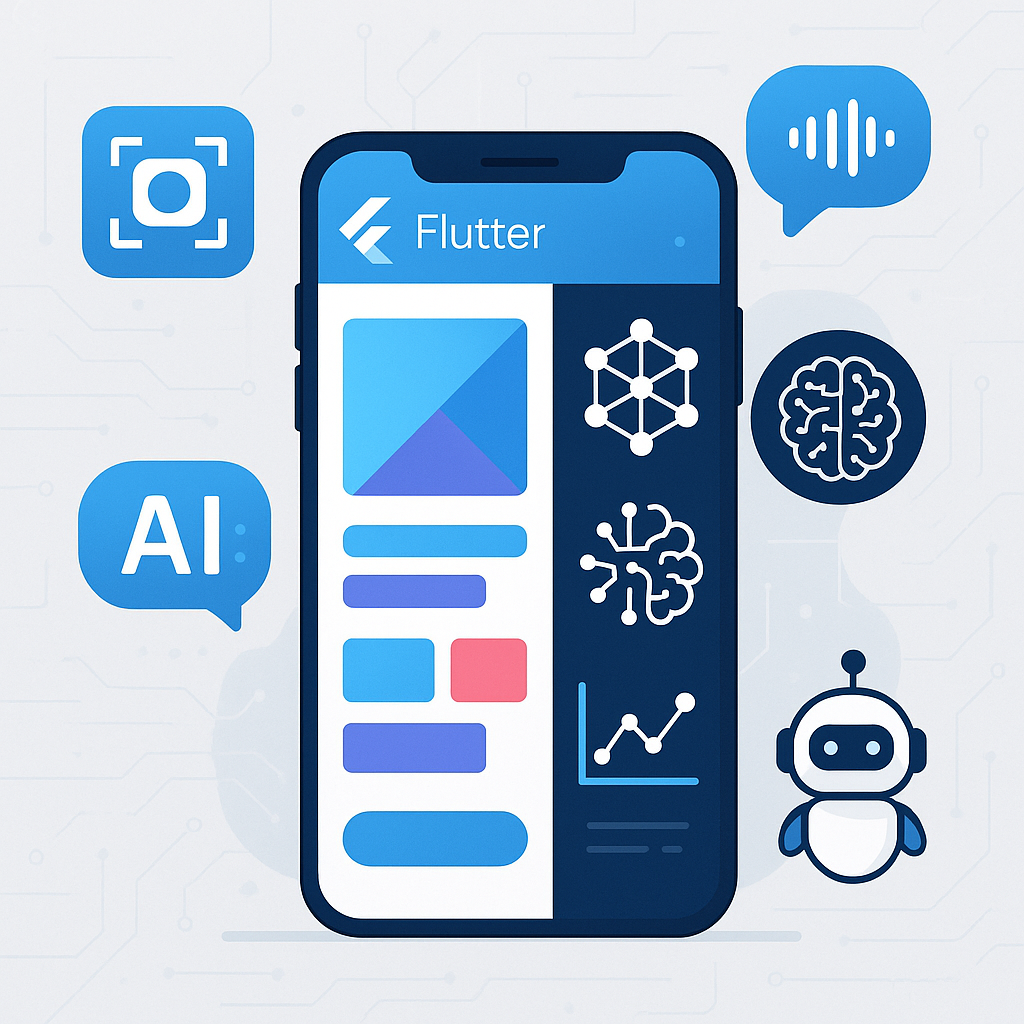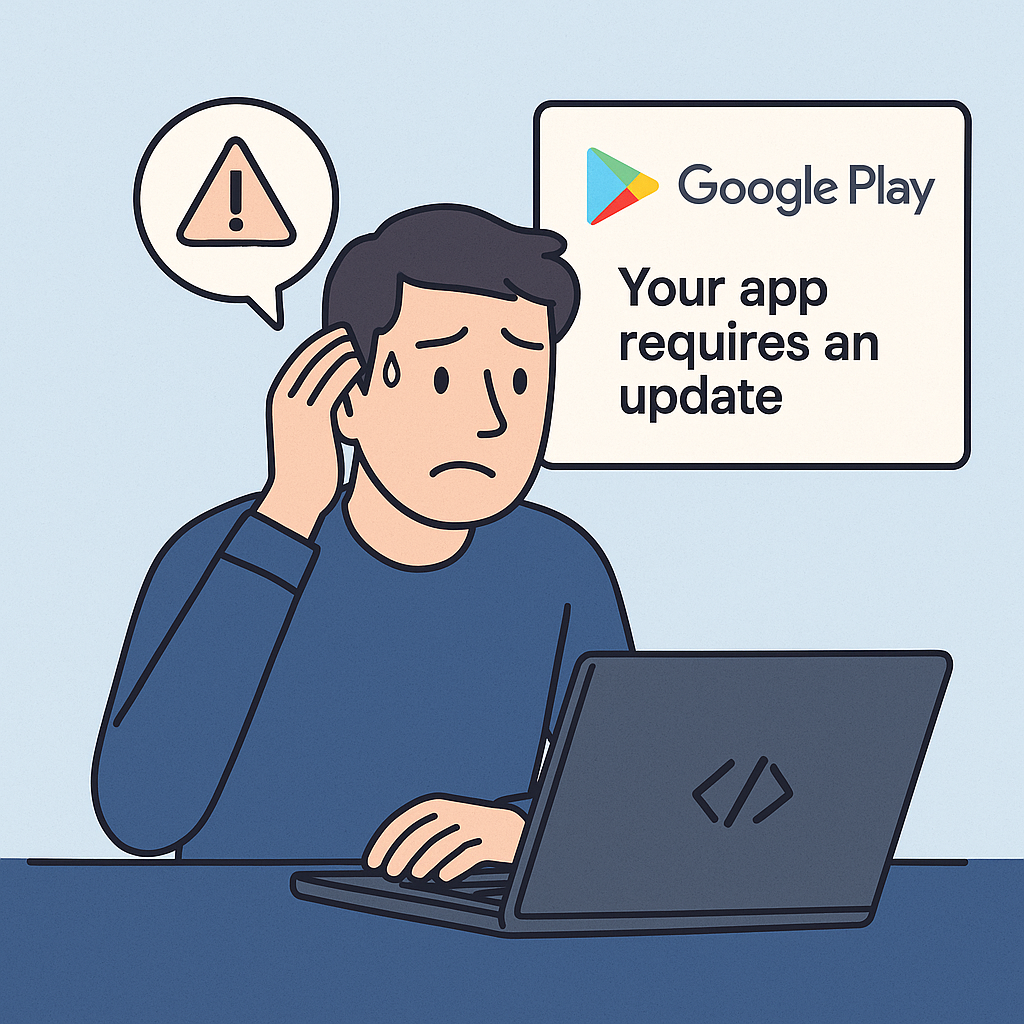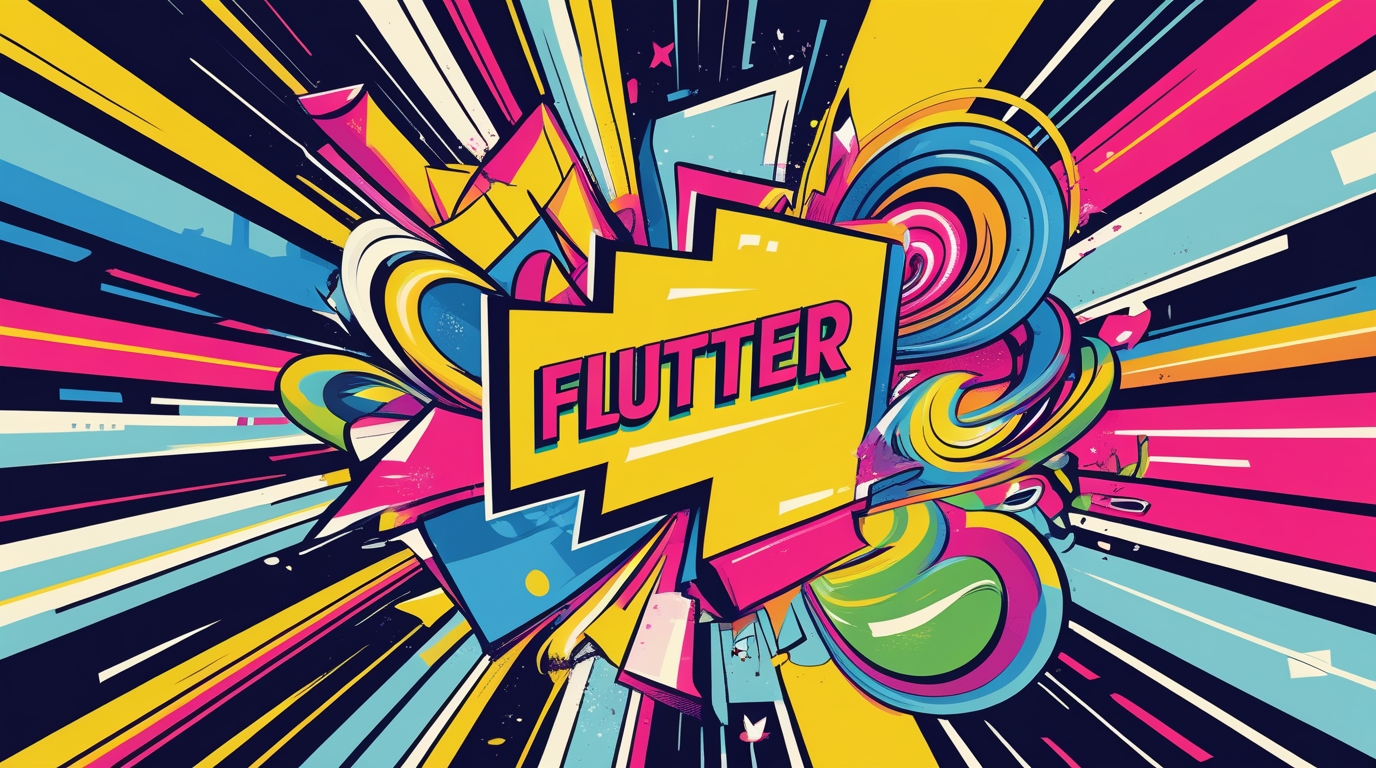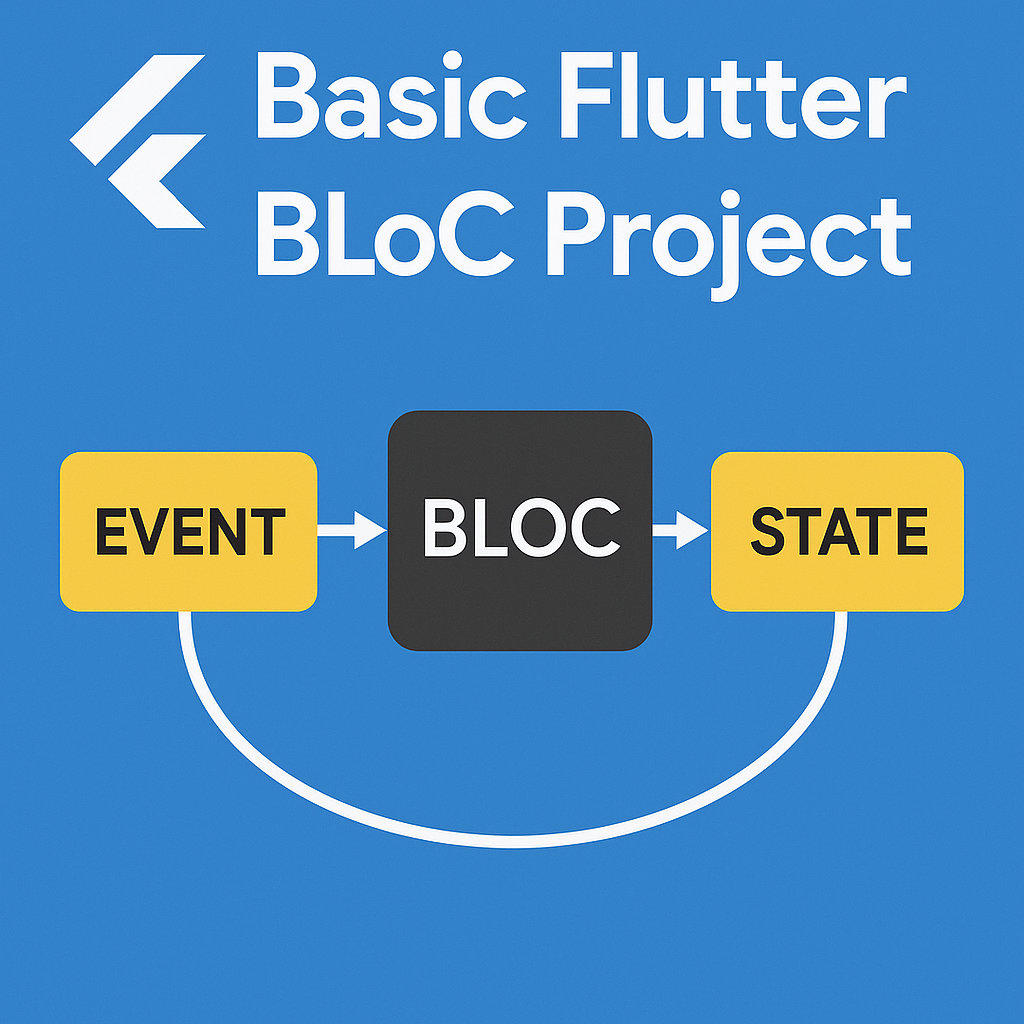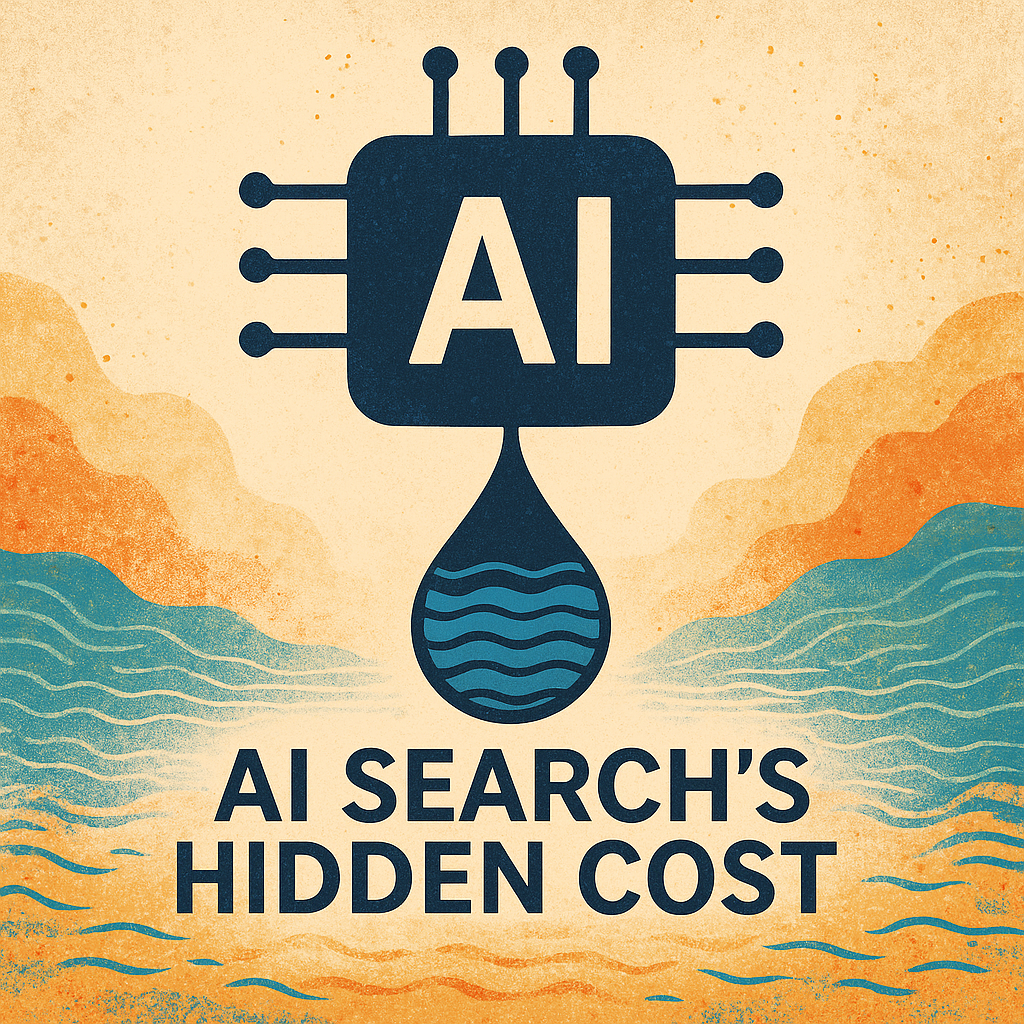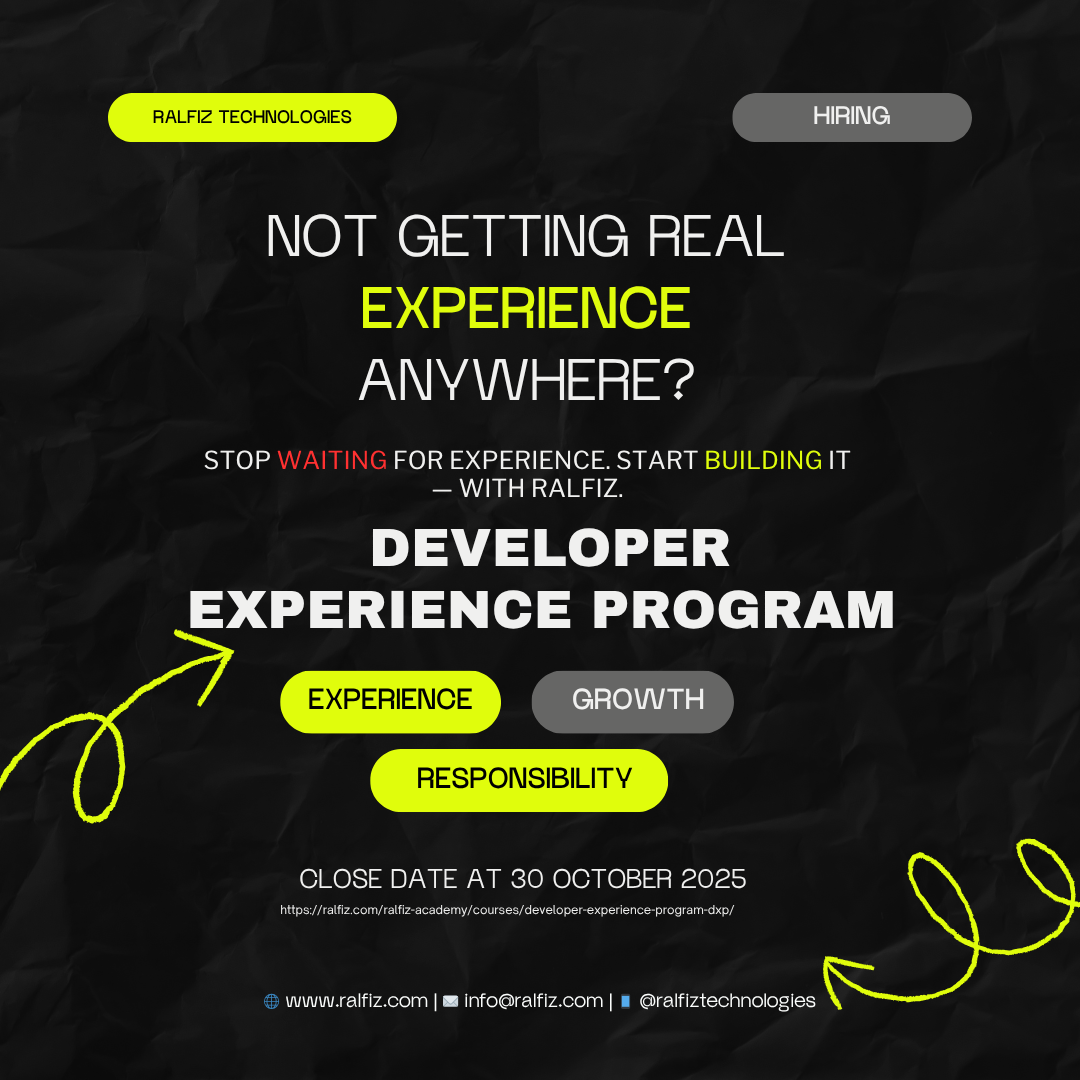Flutter and AI: Building Intelligent Mobile Apps for the Future
In the rapidly evolving landscape of mobile development, two technologies are making significant waves: Flutter and Artificial Intelligence. When combined, they create a powerful foundation for building next-generation mobile applications that are not only visually stunning and performant but also intelligently responsive to user needs.
Why Flutter is Perfect for AI-Powered Apps
Flutter, Google's UI toolkit for building natively compiled applications, offers several advantages that make it ideal for integrating AI capabilities:
Cross-Platform Efficiency: With Flutter's "write once, run anywhere" philosophy, developers can deploy AI-powered features across iOS, Android, web, and desktop platforms simultaneously. This significantly reduces development time and maintenance overhead when implementing complex AI functionalities.
High Performance: Flutter's compiled nature and efficient rendering engine ensure that computationally intensive AI operations don't compromise user experience. The framework's ability to maintain 60fps even during complex operations is crucial for real-time AI applications.
Rich Ecosystem: The Flutter ecosystem provides numerous packages and plugins specifically designed for AI integration, from camera handling for computer vision to audio processing for speech recognition.
Popular AI Integration Patterns in Flutter
1. On-Device Machine Learning with TensorFlow Lite
TensorFlow Lite integration allows Flutter apps to run machine learning models directly on the device, providing:
- Privacy: Data stays on the device
- Speed: No network latency
- Offline Capability: AI features work without internet connection
Common use cases include image classification, object detection, and natural language processing for personal assistants.
2. Cloud-Based AI Services
Flutter excels at integrating with cloud AI services like:
- Google ML Kit: For text recognition, face detection, and barcode scanning
- AWS Amplify: For predictions and recommendations
- Azure Cognitive Services: For computer vision and language understanding
- OpenAI API: For ChatGPT-like conversational interfaces
3. Real-Time AI Processing
Flutter's excellent camera and microphone access makes it perfect for real-time AI applications:
- Live object detection and augmented reality
- Real-time speech-to-text conversion
- Instant language translation
- Live sentiment analysis during video calls
Key Benefits of Flutter + AI Combination
Rapid Prototyping: Flutter's hot reload feature combined with AI APIs allows developers to quickly iterate on AI-powered features, testing different models and approaches in real-time.
Consistent User Experience: AI features behave identically across all platforms, ensuring users get the same intelligent experience whether they're on iOS or Android.
Cost-Effective Development: Single codebase for multiple platforms means AI implementations are more cost-effective to develop and maintain.
Scalable Architecture: Flutter's widget-based architecture makes it easy to modularize AI components and scale applications as AI capabilities grow.
Real-World Applications
The Flutter + AI combination is already powering innovative applications across various industries:
Healthcare: Medical imaging apps that can detect anomalies in X-rays or MRIs, with Flutter providing the smooth interface for healthcare professionals to review AI-generated insights.
Education: Language learning apps that use speech recognition to provide pronunciation feedback, with Flutter delivering engaging interactive lessons.
E-commerce: Shopping apps with visual search capabilities, where users can photograph items and find similar products using computer vision APIs.
Finance: Banking apps with document scanning and fraud detection, using Flutter's camera integration with AI-powered document analysis.
Getting Started: Essential Packages
For developers looking to dive into Flutter + AI development, here are some essential packages:
tflite_flutter: For running TensorFlow Lite modelsgoogle_ml_kit: For Google's on-device ML capabilitiescamera: For camera integration with AI vision modelsspeech_to_text: For voice recognition featuresflutter_tts: For text-to-speech capabilitieshttp: For integrating with cloud AI APIs
Challenges and Considerations
While the Flutter + AI combination is powerful, developers should consider:
Performance Optimization: AI operations can be resource-intensive. Proper optimization and efficient model selection are crucial for maintaining smooth user experiences.
Battery Life: On-device AI processing can impact battery life. Balancing functionality with power consumption is essential.
Model Size: Large AI models can significantly increase app size. Consider model quantization and optimization techniques.
Privacy and Security: When handling sensitive data with AI, ensure proper encryption and compliance with data protection regulations.
The Future is Intelligent
The convergence of Flutter and AI represents a significant shift toward more intelligent, responsive mobile applications. As AI models become more efficient and Flutter continues to evolve, we can expect to see even more sophisticated AI-powered mobile experiences.
Whether you're building a startup's MVP or enhancing an enterprise application, the Flutter + AI combination offers an unparalleled opportunity to create mobile experiences that are not just functional, but truly intelligent. The question isn't whether to integrate AI into your Flutter apps—it's how quickly you can start building the intelligent mobile experiences your users will expect tomorrow.
As we move forward, the developers who master this powerful combination will be the ones shaping the future of mobile technology, creating applications that don't just respond to user input, but anticipate user needs and provide contextually aware, intelligent assistance.
Ready to start building intelligent Flutter apps? The tools are available, the ecosystem is thriving, and the opportunities are limitless. The future of mobile development is here, and it's powered by the perfect marriage of Flutter's development efficiency and AI's intelligent capabilities.


